Some National Assembly delegates suggested considering increasing the basic salary. Because, "only when officials have enough to live can they feel secure in their service; only when civil servants are not burdened with food, clothing, and money can they feel free to contribute."
"Steady hand at the wheel, steady hand at the oar"
Continuing the 10th session, on the morning of October 29, the National Assembly discussed in the hall the socio -economic situation, assessment of results in 2025, plan for 2026 and summary of the 2021-2025 period and many other important reports.
Expressing his opinion, delegate Tran Quoc Tuan, Vinh Long delegation, commented that in the context of many fluctuations in the world economy and politics , Vietnam is still likened to "a calm sea in the midst of a storm" and a "bright spot - going against the global flow" as assessed by prestigious international organizations.
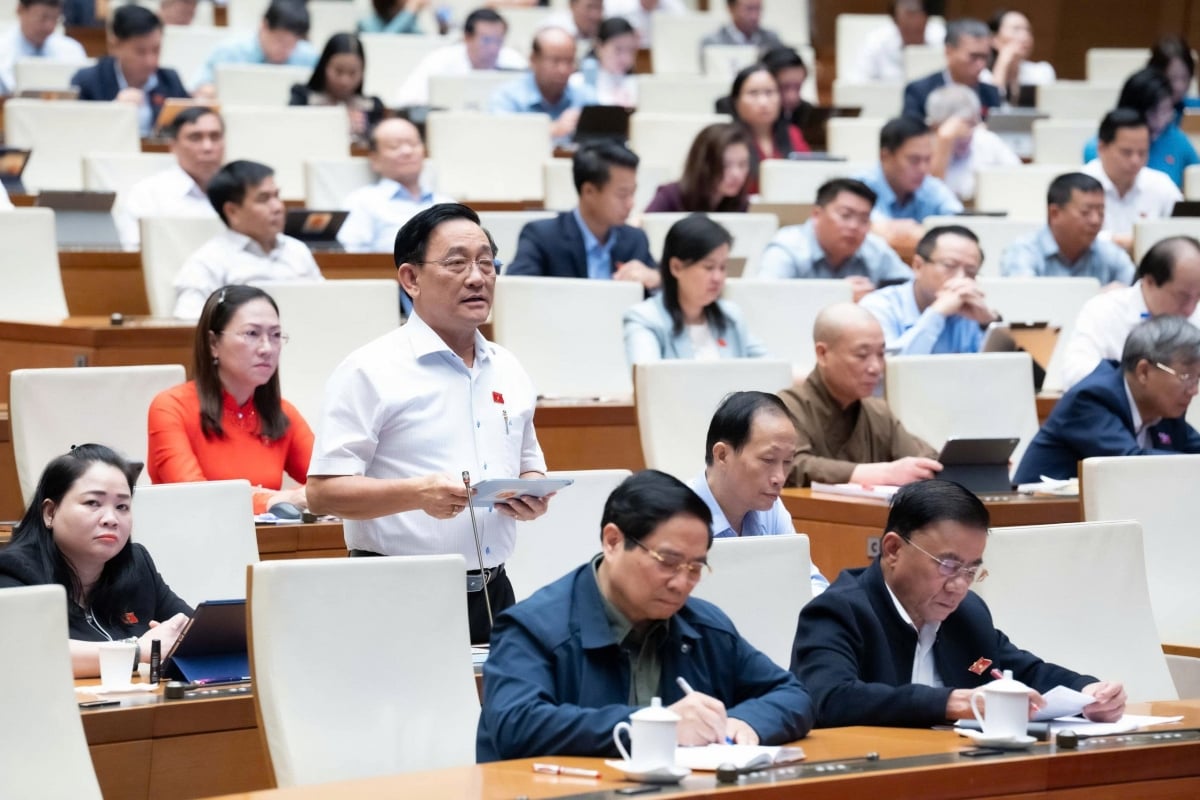 |
| Delegate Tran Quoc Tuan, Vinh Long delegation (Photo: National Assembly) |
GDP growth reached about 7.85%, inflation was controlled at 3.27%, exports increased by more than 16%, budget revenue increased by 30.5% over the same period in the first 9 months of 2024... Those numbers not only demonstrate the Government's "steady steering and steady steering" leadership... but also affirm the Party's leadership effectiveness and the close accompaniment and supervision of the National Assembly.
After nearly 4 months since the official implementation of the two-tier local government model, our administrative apparatus has become “lighter” in terms of focal points, but “heavier” in terms of work. Officials and civil servants in many localities, especially at the grassroots level, have to travel further and do more work, but their income has not improved.
According to the summary report of voters' recommendations sent to the 10th Session, voters in many localities such as Quang Tri, Binh Thuan, Vinh Long reflected: after the merger of administrative units, many commune officials had to travel further, in some places from 10 to 15 km to the new headquarters, while travel allowances and public service allowances have not been adjusted. Travel, housing and living expenses have increased, causing actual income to decrease by 10-12% compared to before. The grassroots cadre team is having to shoulder more work due to streamlining the payroll, but income has not improved, affecting their psychology, motivation and work efficiency.
“The basic salary of 2.34 million VND/month has been applied since July 1, 2024, and compared to the current cost of living, it is clearly no longer suitable. With a basic salary of 2.34 million, even if multiplied by a higher coefficient, the actual income of many young civil servants is only enough “from the beginning of the month to the 20th day”, and for the last 10 days of the month, they have to “run on faith and instant noodles”, said Mr. Tran Quoc Tuan.
Delegates from Vinh Long proposed to consider adjusting the basic salary increase from January 1, 2026 and not wait until mid-year like previous periods, because "this is not just a "salary story", but a message from the people, the common heartbeat of the apparatus that needs to be energized. Only when officials have enough to live can they feel secure in serving; civil servants are not burdened with food, clothing, and money, so they can feel free to contribute".
There is still a situation where some places have a surplus of civil servants and some places have a shortage of civil servants.
Delegate Duong Van Phuoc, Da Nang delegation, said that the local government model has been and is affirming its correctness and is initially showing positive results. However, reality has raised many issues that need to be resolved and continued to be studied and adjusted. In particular, commune-level civil servants are working with 2-3 times more pressure but the policies are still very low, not encouraging and motivating cadres to work with peace of mind and devote themselves.
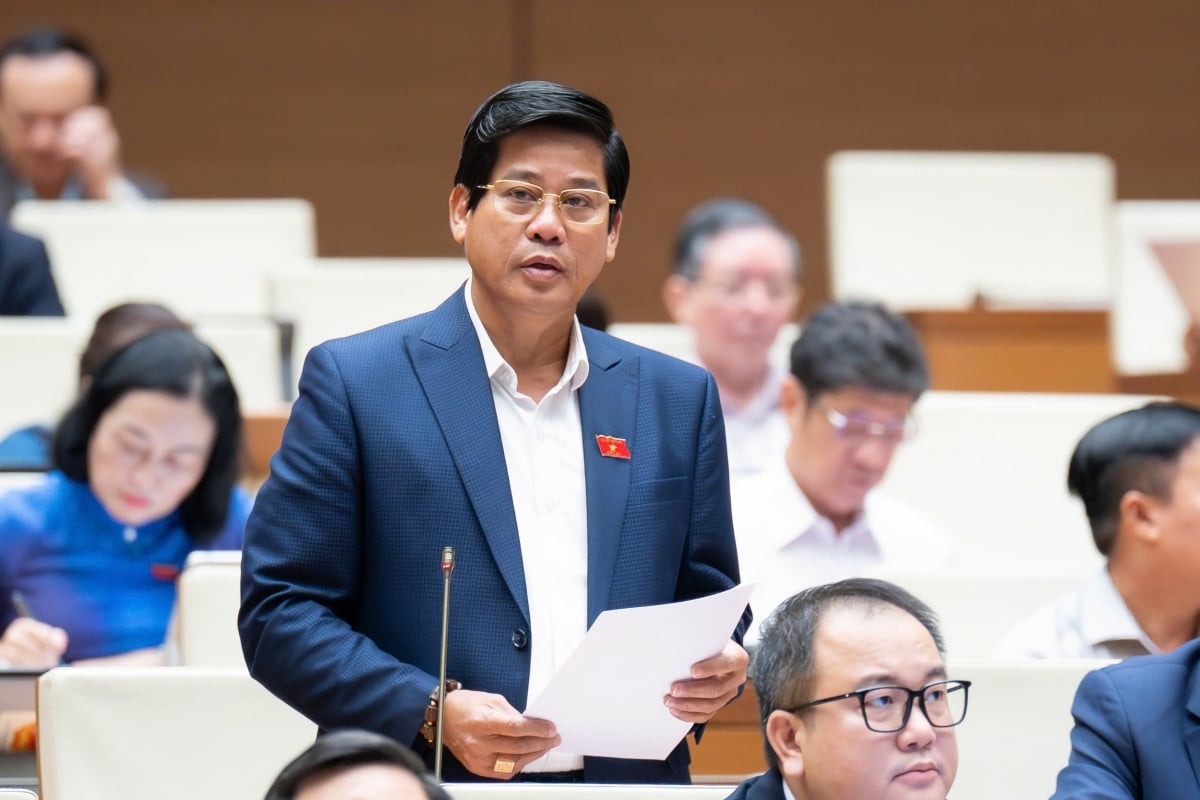 |
| Delegate Duong Van Phuoc, Da Nang (Photo: National Assembly) |
According to the Da Nang delegation, the working headquarters are fragmented and scattered in different places. Most communes and wards use the old headquarters of the old commune to arrange working at 2-3 locations, making it difficult to carry out tasks. For mountainous and midland areas, the terrain conditions are fragmented during the rainy and flood season, making travel difficult. Officials have not been arranged in a uniform manner according to their expertise, and are not uniform in terms of qualifications, capacity and quantity.
“The Economic and Cultural Departments only have 5-6 positions. Many people are not specialized and have not received professional training but have to shoulder the work of the previous 4 district-level specialized departments. Therefore, the workload in many communes is very stressful, while some communes currently have a surplus of civil servants, in some places up to several dozen people, but there are also many communes in many areas that are seriously lacking in staff, especially communes in mountainous, border and island areas. Currently, many communes are lacking from 7 to 14 staff, making it very difficult to carry out tasks…”, delegate Duong Van Phuoc reflected.
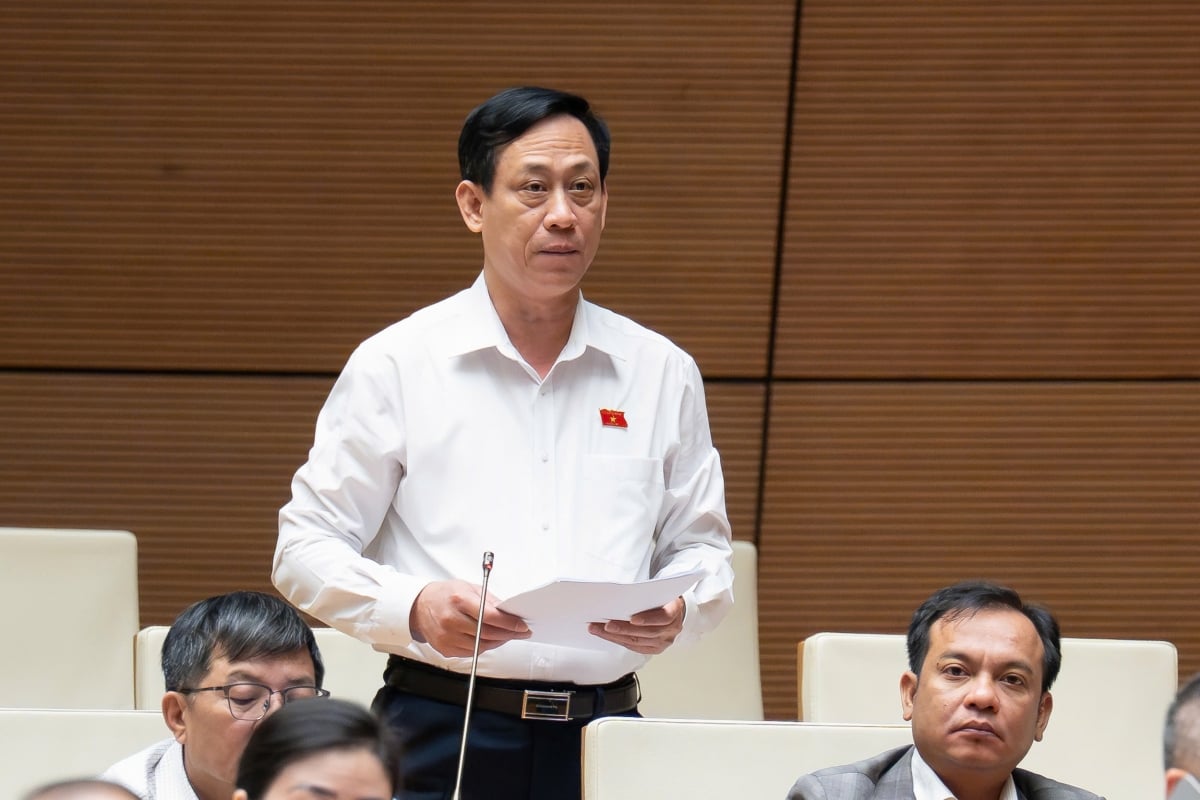 |
| Delegate Mai Van Hai, Thanh Hoa delegation (Photo: National Assembly) |
According to delegate Mai Van Hai (Thanh Hoa delegation), although some places have transferred civil servants from places with surplus to places with shortage, there is still a situation of both surplus and shortage of officials, especially in some mountainous communes, border areas, remote areas; lack of officials with specialized expertise in land, construction, accounting, information technology; the capacity of some officials does not meet the requirements of the task; information technology infrastructure and digital transformation still face difficulties...
From there, the delegates recommended that the Government continue to direct and re-evaluate the implementation of decentralization and delegation of power to communes, wards and special zones in the recent past, in order to make adjustments suitable to the current commune-level model. It is necessary to promptly determine job positions and develop salary policies commensurate with the job positions of civil servants. In the immediate future, it is also recommended to soon have a salary incentive policy for the current team of commune-level civil servants so that they can work with peace of mind.
Along with that, the Government needs to direct the issuance of regulations on evaluating civil servants based on work results; have a mechanism to screen cadres, and be ready to replace cadres who do not meet the requirements of the task. In addition, to effectively handle administrative procedures for people and businesses, it is necessary to continue to pay attention to investing in digital transformation infrastructure, focusing on training and fostering knowledge of information technology and digital transformation for cadres and civil servants, and effectively organize the "Digital Literacy for the People" campaign that is practical for the people.
According to vov.vn
Source: https://baovinhlong.com.vn/tin-moi/202510/de-nghi-tang-luong-co-so-tu-112026-de-cong-chuc-yen-tam-phuc-vu-d1b18c7/




![[Photo] Prime Minister Pham Minh Chinh chaired a meeting to discuss solutions to overcome the consequences of floods in the central provinces.](https://vphoto.vietnam.vn/thumb/1200x675/vietnam/resource/IMAGE/2025/10/29/1761716305524_dsc-7735-jpg.webp)

![[Photo] Flooding on the right side of the gate, entrance to Hue Citadel](https://vphoto.vietnam.vn/thumb/1200x675/vietnam/resource/IMAGE/2025/10/28/1761660788143_ndo_br_gen-h-z7165069467254-74c71c36d0cb396744b678cec80552f0-2-jpg.webp)
![[Photo] National Assembly Chairman Tran Thanh Man received a delegation of the Social Democratic Party of Germany](https://vphoto.vietnam.vn/thumb/1200x675/vietnam/resource/IMAGE/2025/10/28/1761652150406_ndo_br_cover-3345-jpg.webp)
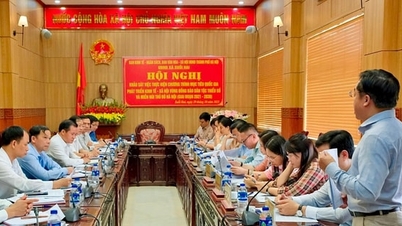

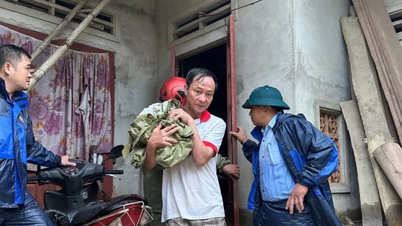

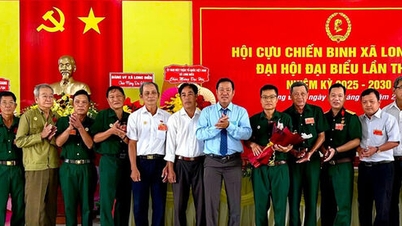

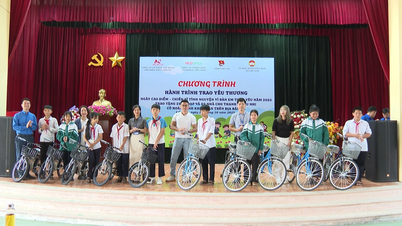








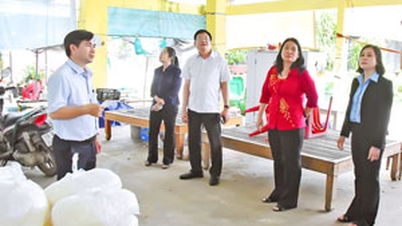

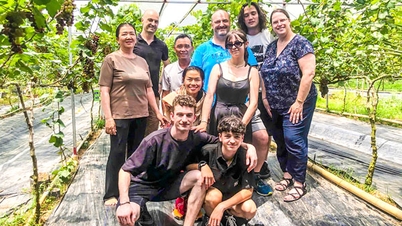
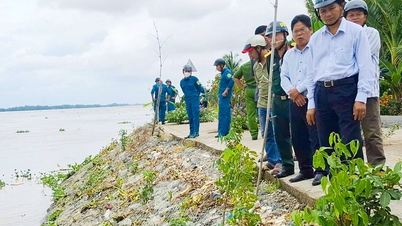
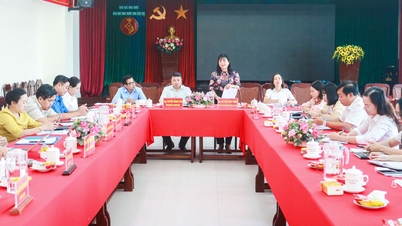
![[Photo] Draft documents of the 14th Party Congress reach people at the Commune Cultural Post Offices](https://vphoto.vietnam.vn/thumb/1200x675/vietnam/resource/IMAGE/2025/10/28/1761642182616_du-thao-tai-tinh-hung-yen-4070-5235-jpg.webp)




























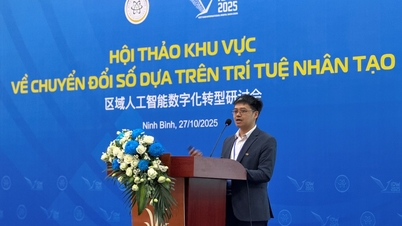







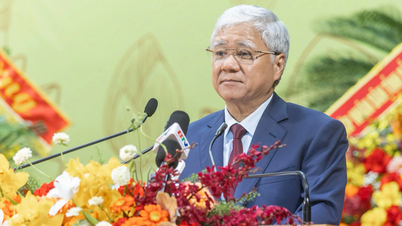
![[Infographic] Vietnam's socio-economic situation in 5 years 2021-2025: Impressive numbers](https://vphoto.vietnam.vn/thumb/402x226/vietnam/resource/IMAGE/2025/10/29/1761730747150_anh-man-hinh-2025-10-29-luc-16-38-55.png)


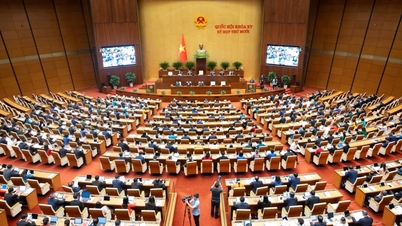
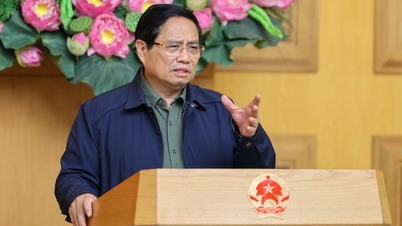
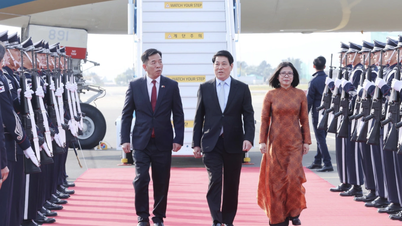

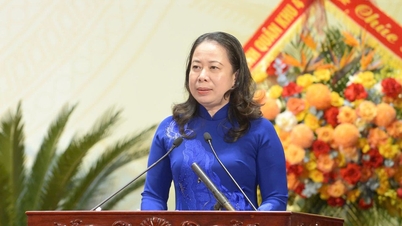

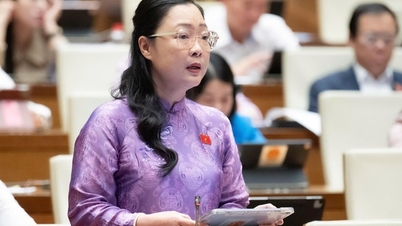

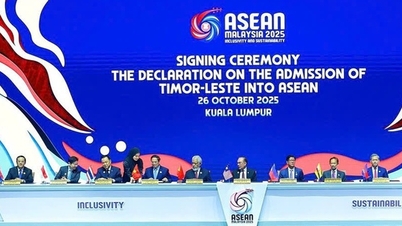



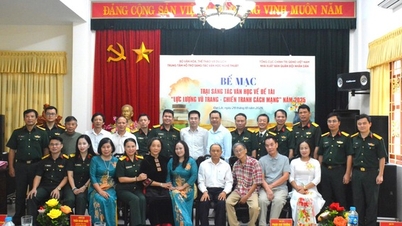
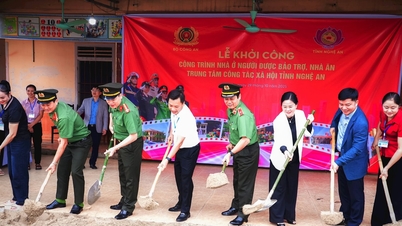

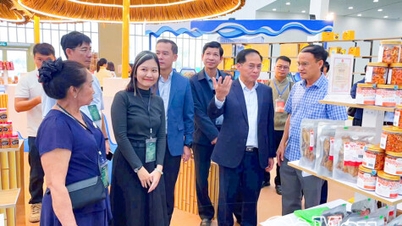





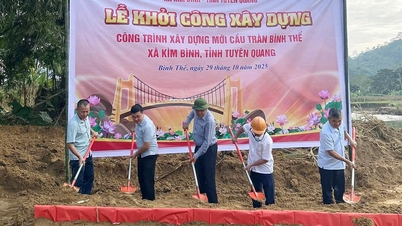

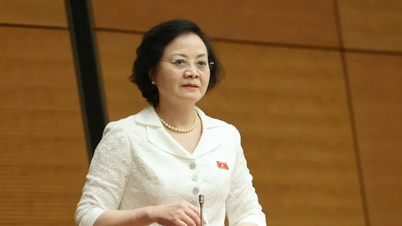











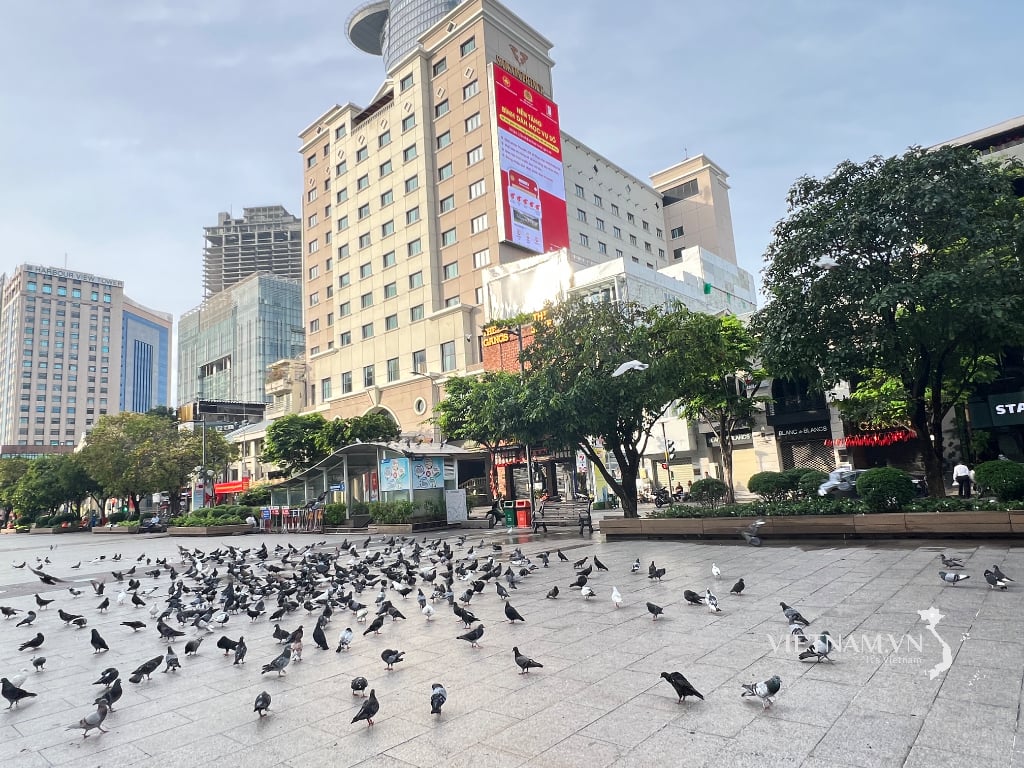


Comment (0)